选择热点
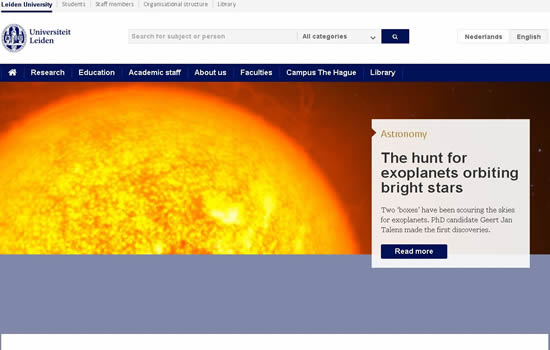 荷兰莱顿大学
荷兰莱顿大学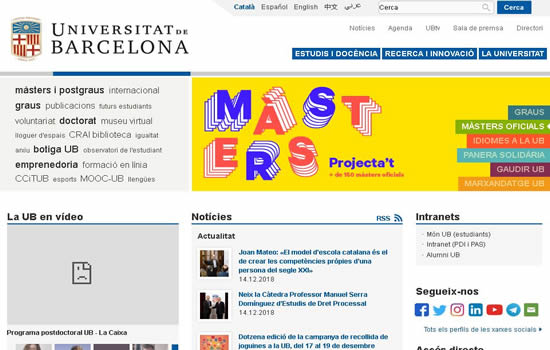 西班牙巴塞罗那大学
西班牙巴塞罗那大学 巴西圣保罗大学 University of Sao Paulo, Brazil
巴西圣保罗大学 University of Sao Paulo, Brazil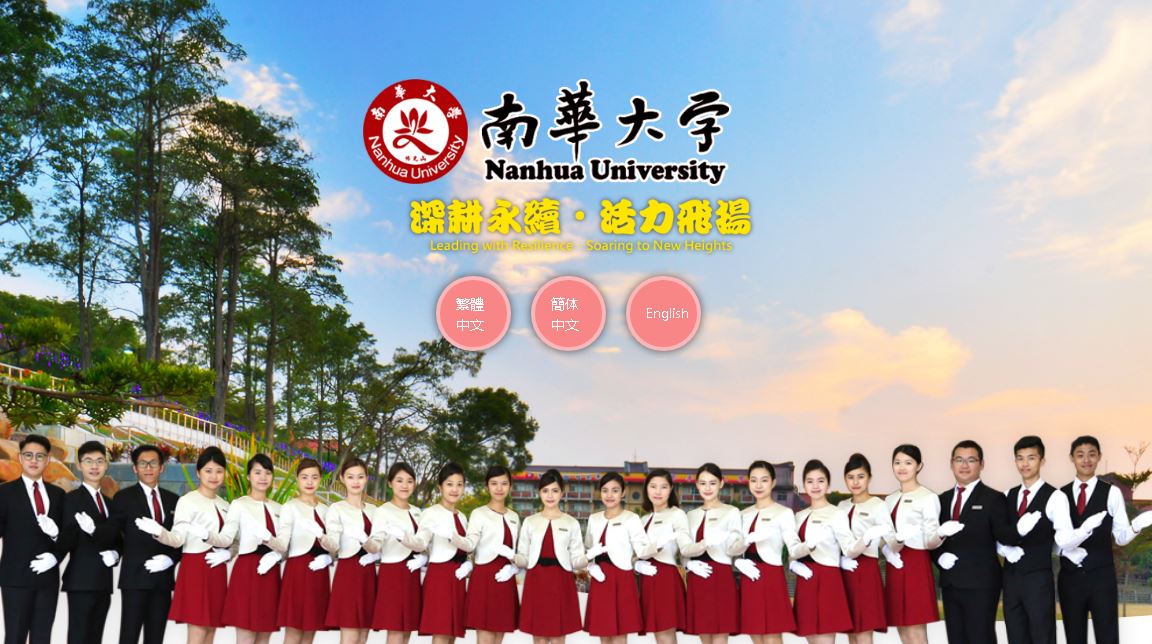 台湾南华大学 University of South China in Taiwan
台湾南华大学 University of South China in Taiwan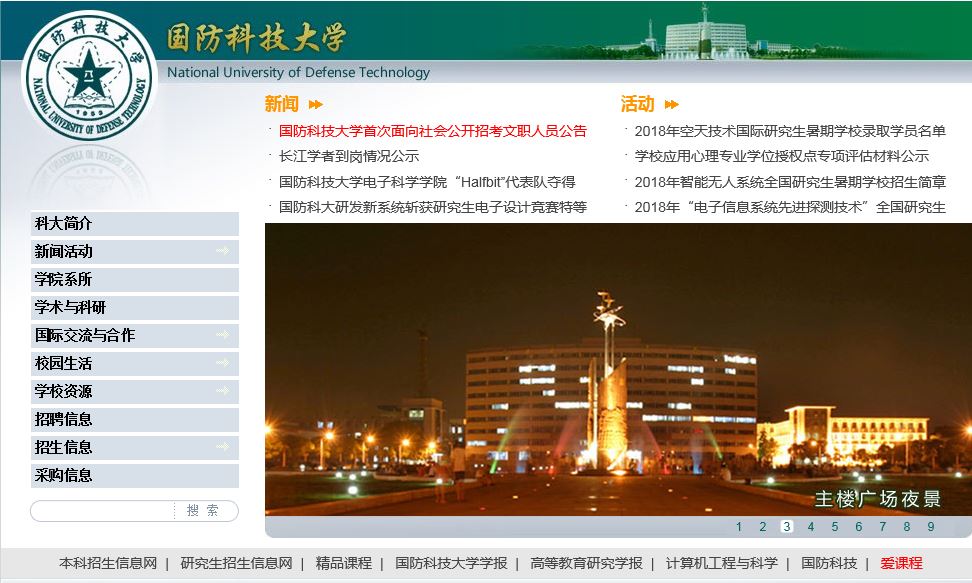 科技大学 National University of Defense Technology
科技大学 National University of Defense Technology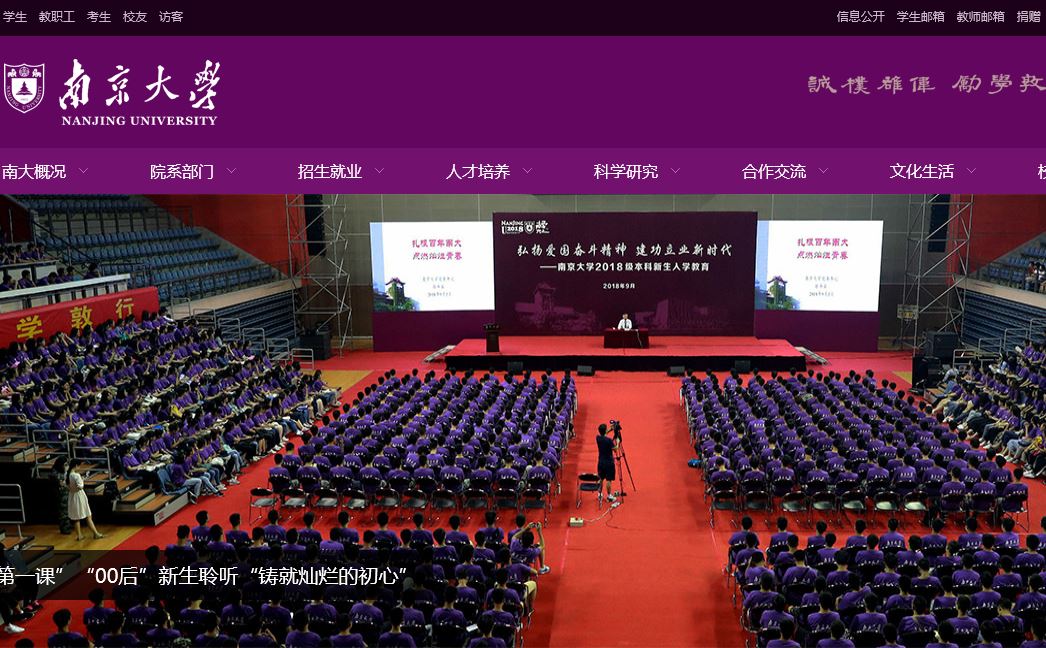 南京大学 Nanjing University
南京大学 Nanjing University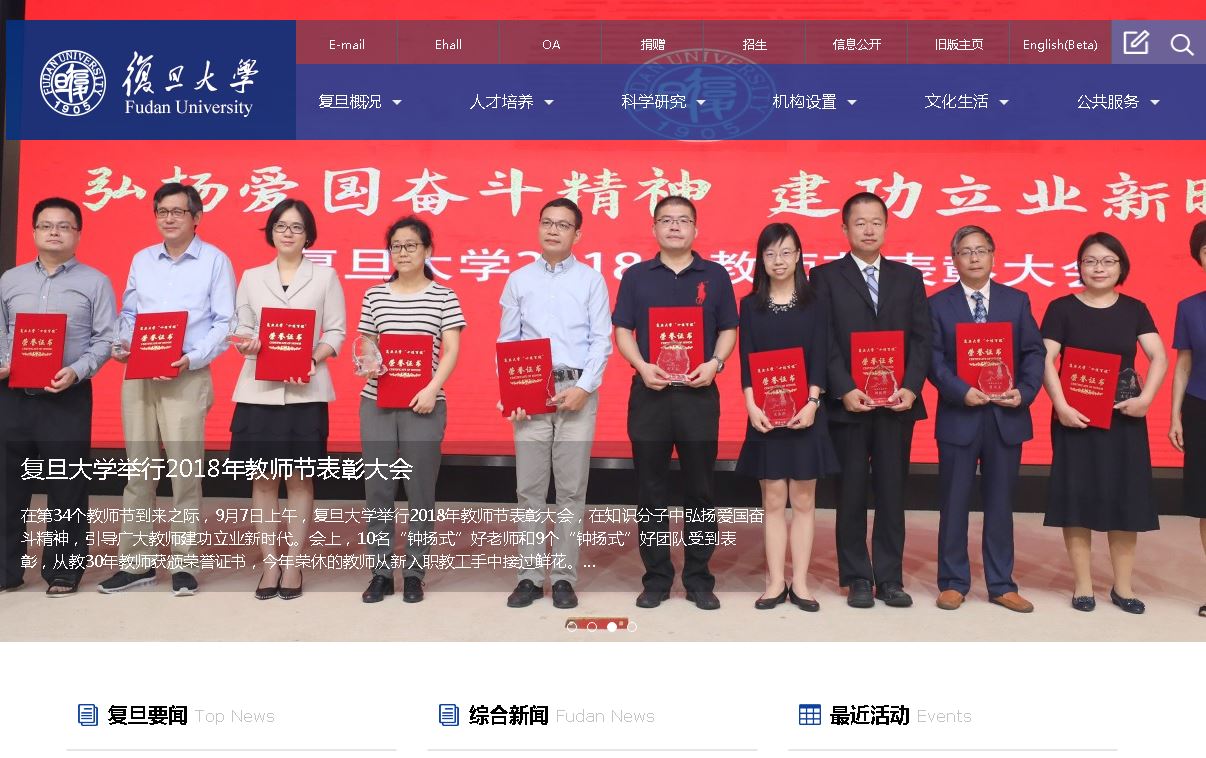 上海复旦大学 Fudan University
上海复旦大学 Fudan University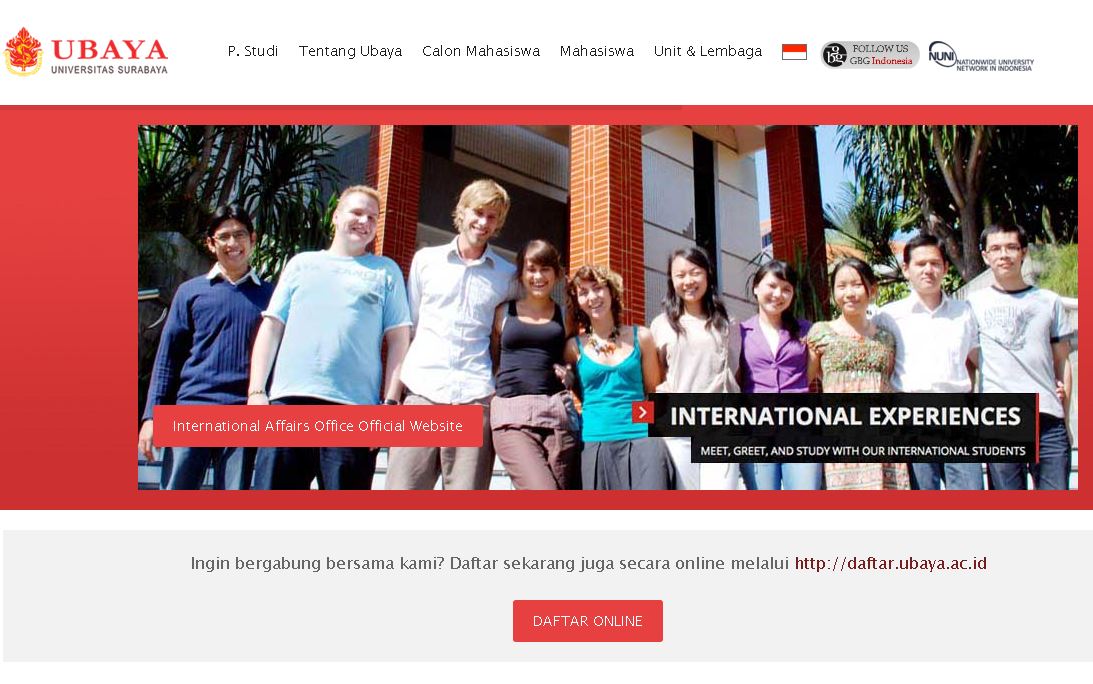 泗水大学(Ubaya)
泗水大学(Ubaya)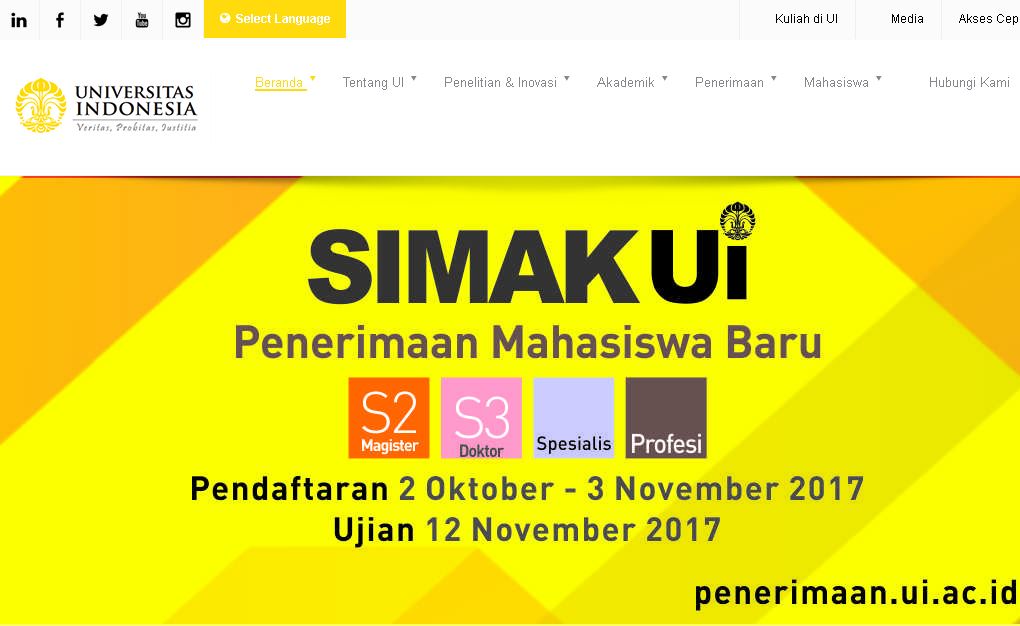 印尼大学 universitas indonesia
印尼大学 universitas indonesia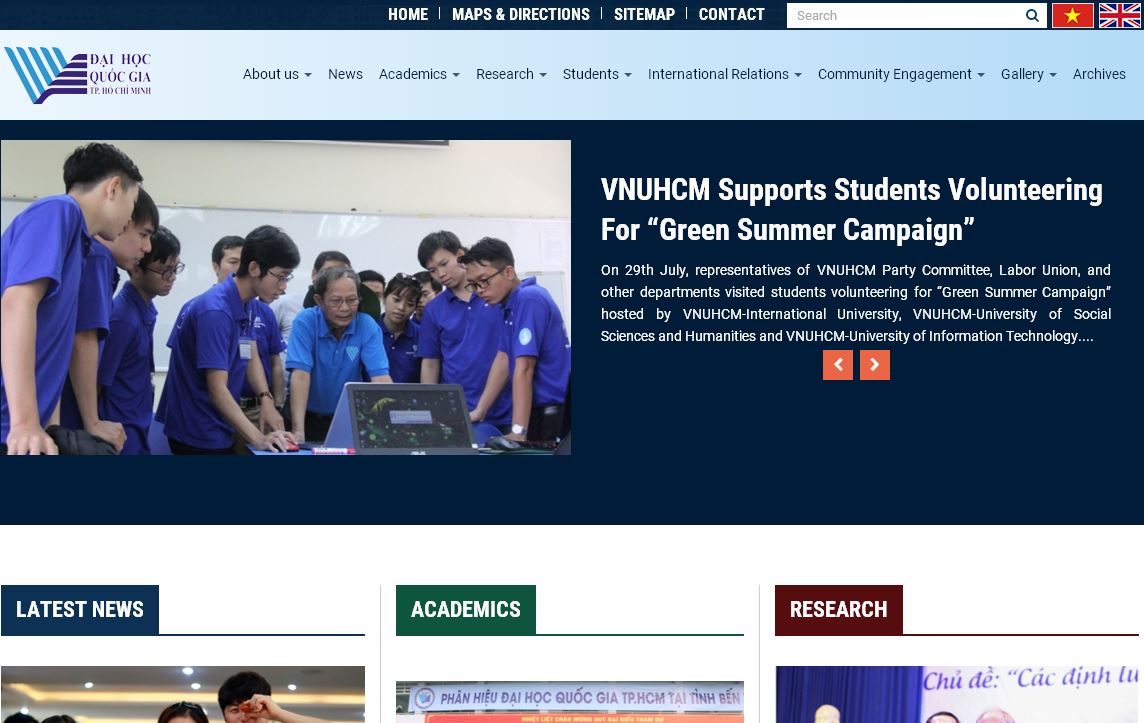 越南某大学 Vietnam National University
越南某大学 Vietnam National University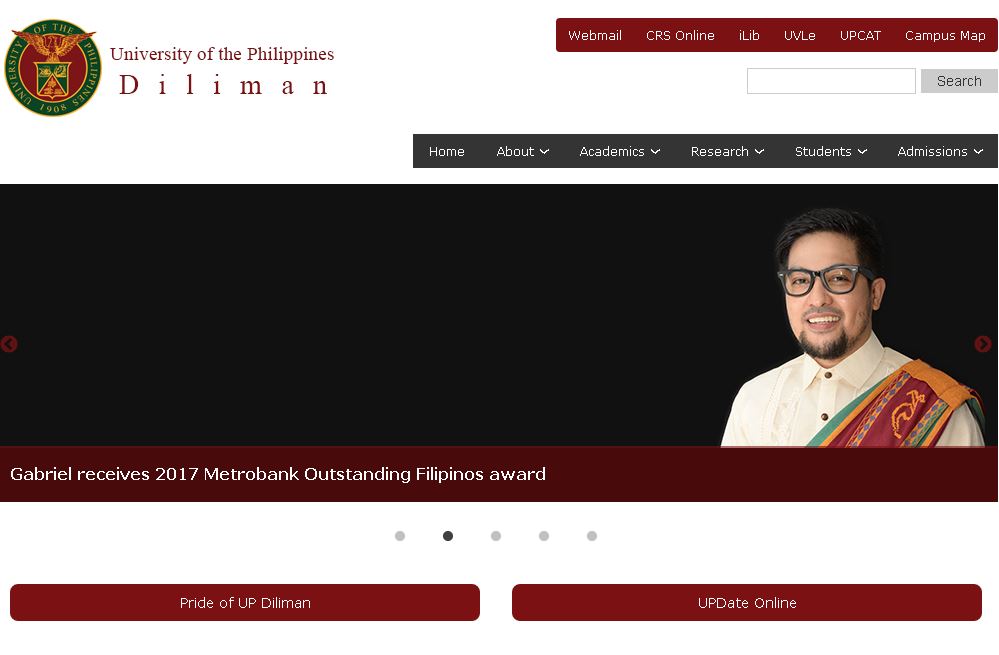 菲律宾大学 University Of The Philippines
菲律宾大学 University Of The Philippines
师说 原文译文英文三种版本
发布时间:2025-01-06
来源:大学网站
韩愈 师说 原文: 古之学者必有师。
师者,所以传道受业解惑也。
人非生而知之者,孰能无惑?
惑而不从师,其为惑也,终不解矣。
生乎吾前,其闻道也,固先乎吾,吾从而师之;生乎吾后,其闻道也,亦先乎吾,吾从而师之。
吾师道也,夫庸知其年之先后生于吾乎?
是故无贵无贱,无长无少,道之所存,师之所存也。
嗟乎!
师 道之不传也久矣,欲人之无惑也难矣。
古之圣人,其出人也远矣,犹且从师而问焉;今之众人,其下圣人也亦远矣,而耻学于师。
是故圣益圣,愚益愚。
圣人之所以为圣,愚人之所以为愚,其皆出于此乎?
爱其子,择师而教之;于其身也,则耻师焉,惑矣。
彼童子之师,授之书而习其句读者,非吾所谓传其道、解其惑者也。
句 读之不知,惑之不解,或师焉,或不焉,小学而大遗,吾未见其明也。
巫医、乐师、百工之人,不耻相师。
士大夫之族,曰师”曰弟子”云者,则群聚而笑之。
问之,则曰:彼与彼年相若也,道相似也, 位卑则足羞,官盛则近谀。
呜呼!
师道之不复,可知矣。
巫医、乐师、百工之人,君子不齿,今其智乃反不能及,其 可怪也欤!
圣人无常师。
孔子师郯子、苌弘、师襄、老聃。
郯子之徒,其贤不及孔子。
孔子曰三人行,则必有我师。
”是故弟子不必不如师,师不必贤于弟子。
闻道有先后,术业有专攻,如是而已。
李氏子蟠,年十七,好古文,六艺经传皆通习之,不拘于时,学于余。
余嘉其能行古道,作 师说 以贻之。
【师说译文】 古代求学的人必定有老师。
老师,是用来传授道理、讲授学业、解答疑难问题的。
人不是一生下来就懂得道理的,谁能没有疑惑?
有了疑惑,如果不跟老师学习,那些成为疑难的问题,就始终不能解开。
出生在我之前的人,他懂得的道理本来就比我早,我跟从他,拜他为老师;出生在我之后的人,如果他懂得道理也比我早,我也跟从他,拜他为老师。
我是向他学习道理的,哪管他的年龄比我大还是小呢?
因此,无论高低贵贱,无论年长年幼,道理存在的地方,就是老师所在的地方。
唉!
古代从师学习的风尚不流传已经很久了,要人没有疑惑也难了!
古代的圣人,他们超出一般人很远,尚且要跟从老师请教(他,焉为代词);现在的一般人,他们才智不及圣人也很远,却以向老师学习为耻。
因此,圣人更加圣明,愚人更加愚昧。
圣人之所以成为圣人,愚人之所以成为愚人,大概都是由于这个原因吧?
爱自己的孩子,选择老师来教他。
但是对于他自己,却以跟从老师学习为可耻,真是糊涂啊!
那些儿童的老师,教他读书,学习书中的文句的停顿,并不是我所说的传授道理,解答疑难问题的老师。
不知句子停顿要问老师,有疑惑不能解决却不愿问老师;小的方面学习了大的却丢了[2]。
我没有看到他的明达。
巫医、乐师、各种工匠这些人,不以互相学习为耻。
士大夫这一类人,听到称老师”称弟子”的人,就聚在一起嘲笑他们。
问他们,就说:他和他年龄差不多,懂得的道理也差不多。
把地位低的人当做老师,就足以感到耻辱;把官大的人当做老师,就被认为近于谄媚。
”哎!
求师的风尚难以恢复由此可以知道了!
巫医、乐师、各种工匠这些人,君子不屑一提,现在他们的智慧竟然反而比不上这些人了,这真是奇怪啊!
圣人没有固定的老师,孔子曾以郯子、苌弘、师襄、老聃为师。
郯子这些人,贤能都比不上孔子。
孔子说:三人行,则必有我师。
”所以学生不一定不如老师,老师不一定比学生贤明。
接受道理有早有晚,学问和技艺上各有各的专门研究,如此而已。
李家的孩子叫李蟠的,十七岁,喜欢古文,六艺的经文和传文都普遍地学习了,没有被时代的风气所影响,向我学习。
我赞赏他能履行古人之道,写 师说 送给他。
【师说英文翻译】 On Teachers Hah Yu Ancient scholars certainly had teachers.
A teacher is one whopasses on the truth, imparts knowledge and solves puzzles.
Man is not born withknowledge.
Who can deny that he has puzzles?
These would remain unsolved,should one refuse to be instructed by teachers.
The men born before me surely know the truth before me, so Irespect them as teachers, whereas those born after me may also know the truthbefore me, I likewise respect them as teachers.
It is the truth that Iendeavour to learn.
Must I know beforehand whether my teacher was born earlieror later than I?
Therefore, no distinction should be made between the noble andthe humble or between the young and the old.
Where lies the truth, there is ateacher.
Alas, it is a long time since the admirable tone ofrespecting teachers ceased to pass on!
How hard it would be to expect a man tobe free of puzzle!
Sages in olden times outstripped by far the ordinary people.
Nevertheless, they had teachers and asked them questions.
Nowadays themultitude, though much inferior to sages, are ashamed of being instructed byteachers.
As a consequence, sages become more sage, and ignoramuses moreignorant.
The wisdom of the former and the stupidity of the latter — are theynot all caused by this?
Loving parents may select teachers to instruct theirchildren.
But when it comes to themselves, they feel it a disgrace to be taughtby them.
How wrong they must be!
The teachers of their children only show themhow to read a book sentence by sentence, not to be mentioned in the same breathas those whom I refer to as passing on the truth and solving puzzles.
For lackof reading skills, one seeks the help of teachers, while for unsolved puzzles,one acts contrariwise.
It is indeed learning the lesser but giving up thegreater.
I do not see its wisdom.
Physicians, musicians and multifarious artisans are notashamed of learning from each other.
But among the gentlefolk the talk aboutthe teachers and pupils would invite laughter from a gathered company.
Whenasked about the reason, they would say, "The one is equal to the other inage and knowledge.
" To be instructed by a man of low social standing isregarded as a disgrace, and by a man of high official rank as a flattery.
Alas,it is only conceivable that the noble tone of respecting teachers is lost andhardly retrievable!
Physicians, musicians and artisans are refused to betreated as equals by gentlefolks, yet these turn out to be less intelligentthan those.
Is it not strange?
Sages have had no constant teachers.
Confucius once learnedfrom Tan Zi as well as from Chang Hong, Shi Xiang and Laozi, though Tan Zi andhis like are not on a parity with him in wisdom.
Confucius says: "Out ofmy two fellow-travellers one must be qualified to be my teacher.
" Hencepupils are not necessarily inferior to teachers, and teachers need not alwaysbe superior to pupils.
Some may know the truth earlier or later than others andeach has his own professional specialty — that is all!
Li Pan, aged seventeen, is fond of ancient classical writingsand have studied all the six arts and their commentaries.
Not restrained by thecurrent practice, he has learned from me.
As I commend him for his being ableto follow the old ways, I am writing this essay "On Teachers" forhim.
【师说 原文译文英文三种版本查看网站:[db:时间]】
师者,所以传道受业解惑也。
人非生而知之者,孰能无惑?
惑而不从师,其为惑也,终不解矣。
生乎吾前,其闻道也,固先乎吾,吾从而师之;生乎吾后,其闻道也,亦先乎吾,吾从而师之。
吾师道也,夫庸知其年之先后生于吾乎?
是故无贵无贱,无长无少,道之所存,师之所存也。
嗟乎!
师 道之不传也久矣,欲人之无惑也难矣。
古之圣人,其出人也远矣,犹且从师而问焉;今之众人,其下圣人也亦远矣,而耻学于师。
是故圣益圣,愚益愚。
圣人之所以为圣,愚人之所以为愚,其皆出于此乎?
爱其子,择师而教之;于其身也,则耻师焉,惑矣。
彼童子之师,授之书而习其句读者,非吾所谓传其道、解其惑者也。
句 读之不知,惑之不解,或师焉,或不焉,小学而大遗,吾未见其明也。
巫医、乐师、百工之人,不耻相师。
士大夫之族,曰师”曰弟子”云者,则群聚而笑之。
问之,则曰:彼与彼年相若也,道相似也, 位卑则足羞,官盛则近谀。
呜呼!
师道之不复,可知矣。
巫医、乐师、百工之人,君子不齿,今其智乃反不能及,其 可怪也欤!
圣人无常师。
孔子师郯子、苌弘、师襄、老聃。
郯子之徒,其贤不及孔子。
孔子曰三人行,则必有我师。
”是故弟子不必不如师,师不必贤于弟子。
闻道有先后,术业有专攻,如是而已。
李氏子蟠,年十七,好古文,六艺经传皆通习之,不拘于时,学于余。
余嘉其能行古道,作 师说 以贻之。
【师说译文】 古代求学的人必定有老师。
老师,是用来传授道理、讲授学业、解答疑难问题的。
人不是一生下来就懂得道理的,谁能没有疑惑?
有了疑惑,如果不跟老师学习,那些成为疑难的问题,就始终不能解开。
出生在我之前的人,他懂得的道理本来就比我早,我跟从他,拜他为老师;出生在我之后的人,如果他懂得道理也比我早,我也跟从他,拜他为老师。
我是向他学习道理的,哪管他的年龄比我大还是小呢?
因此,无论高低贵贱,无论年长年幼,道理存在的地方,就是老师所在的地方。
唉!
古代从师学习的风尚不流传已经很久了,要人没有疑惑也难了!
古代的圣人,他们超出一般人很远,尚且要跟从老师请教(他,焉为代词);现在的一般人,他们才智不及圣人也很远,却以向老师学习为耻。
因此,圣人更加圣明,愚人更加愚昧。
圣人之所以成为圣人,愚人之所以成为愚人,大概都是由于这个原因吧?
爱自己的孩子,选择老师来教他。
但是对于他自己,却以跟从老师学习为可耻,真是糊涂啊!
那些儿童的老师,教他读书,学习书中的文句的停顿,并不是我所说的传授道理,解答疑难问题的老师。
不知句子停顿要问老师,有疑惑不能解决却不愿问老师;小的方面学习了大的却丢了[2]。
我没有看到他的明达。
巫医、乐师、各种工匠这些人,不以互相学习为耻。
士大夫这一类人,听到称老师”称弟子”的人,就聚在一起嘲笑他们。
问他们,就说:他和他年龄差不多,懂得的道理也差不多。
把地位低的人当做老师,就足以感到耻辱;把官大的人当做老师,就被认为近于谄媚。
”哎!
求师的风尚难以恢复由此可以知道了!
巫医、乐师、各种工匠这些人,君子不屑一提,现在他们的智慧竟然反而比不上这些人了,这真是奇怪啊!
圣人没有固定的老师,孔子曾以郯子、苌弘、师襄、老聃为师。
郯子这些人,贤能都比不上孔子。
孔子说:三人行,则必有我师。
”所以学生不一定不如老师,老师不一定比学生贤明。
接受道理有早有晚,学问和技艺上各有各的专门研究,如此而已。
李家的孩子叫李蟠的,十七岁,喜欢古文,六艺的经文和传文都普遍地学习了,没有被时代的风气所影响,向我学习。
我赞赏他能履行古人之道,写 师说 送给他。
【师说英文翻译】 On Teachers Hah Yu Ancient scholars certainly had teachers.
A teacher is one whopasses on the truth, imparts knowledge and solves puzzles.
Man is not born withknowledge.
Who can deny that he has puzzles?
These would remain unsolved,should one refuse to be instructed by teachers.
The men born before me surely know the truth before me, so Irespect them as teachers, whereas those born after me may also know the truthbefore me, I likewise respect them as teachers.
It is the truth that Iendeavour to learn.
Must I know beforehand whether my teacher was born earlieror later than I?
Therefore, no distinction should be made between the noble andthe humble or between the young and the old.
Where lies the truth, there is ateacher.
Alas, it is a long time since the admirable tone ofrespecting teachers ceased to pass on!
How hard it would be to expect a man tobe free of puzzle!
Sages in olden times outstripped by far the ordinary people.
Nevertheless, they had teachers and asked them questions.
Nowadays themultitude, though much inferior to sages, are ashamed of being instructed byteachers.
As a consequence, sages become more sage, and ignoramuses moreignorant.
The wisdom of the former and the stupidity of the latter — are theynot all caused by this?
Loving parents may select teachers to instruct theirchildren.
But when it comes to themselves, they feel it a disgrace to be taughtby them.
How wrong they must be!
The teachers of their children only show themhow to read a book sentence by sentence, not to be mentioned in the same breathas those whom I refer to as passing on the truth and solving puzzles.
For lackof reading skills, one seeks the help of teachers, while for unsolved puzzles,one acts contrariwise.
It is indeed learning the lesser but giving up thegreater.
I do not see its wisdom.
Physicians, musicians and multifarious artisans are notashamed of learning from each other.
But among the gentlefolk the talk aboutthe teachers and pupils would invite laughter from a gathered company.
Whenasked about the reason, they would say, "The one is equal to the other inage and knowledge.
" To be instructed by a man of low social standing isregarded as a disgrace, and by a man of high official rank as a flattery.
Alas,it is only conceivable that the noble tone of respecting teachers is lost andhardly retrievable!
Physicians, musicians and artisans are refused to betreated as equals by gentlefolks, yet these turn out to be less intelligentthan those.
Is it not strange?
Sages have had no constant teachers.
Confucius once learnedfrom Tan Zi as well as from Chang Hong, Shi Xiang and Laozi, though Tan Zi andhis like are not on a parity with him in wisdom.
Confucius says: "Out ofmy two fellow-travellers one must be qualified to be my teacher.
" Hencepupils are not necessarily inferior to teachers, and teachers need not alwaysbe superior to pupils.
Some may know the truth earlier or later than others andeach has his own professional specialty — that is all!
Li Pan, aged seventeen, is fond of ancient classical writingsand have studied all the six arts and their commentaries.
Not restrained by thecurrent practice, he has learned from me.
As I commend him for his being ableto follow the old ways, I am writing this essay "On Teachers" forhim.
【师说 原文译文英文三种版本查看网站:[db:时间]】
- 上一篇: 十首迷你英文短诗(1)
- 下一篇: 诗歌鉴赏:我不知道它是什么
相关阅读
目录列表
资讯列表
英语资讯


共0条评论
网友评论温馨提示:您的评论需要经过审核才能显示,请文明发言!